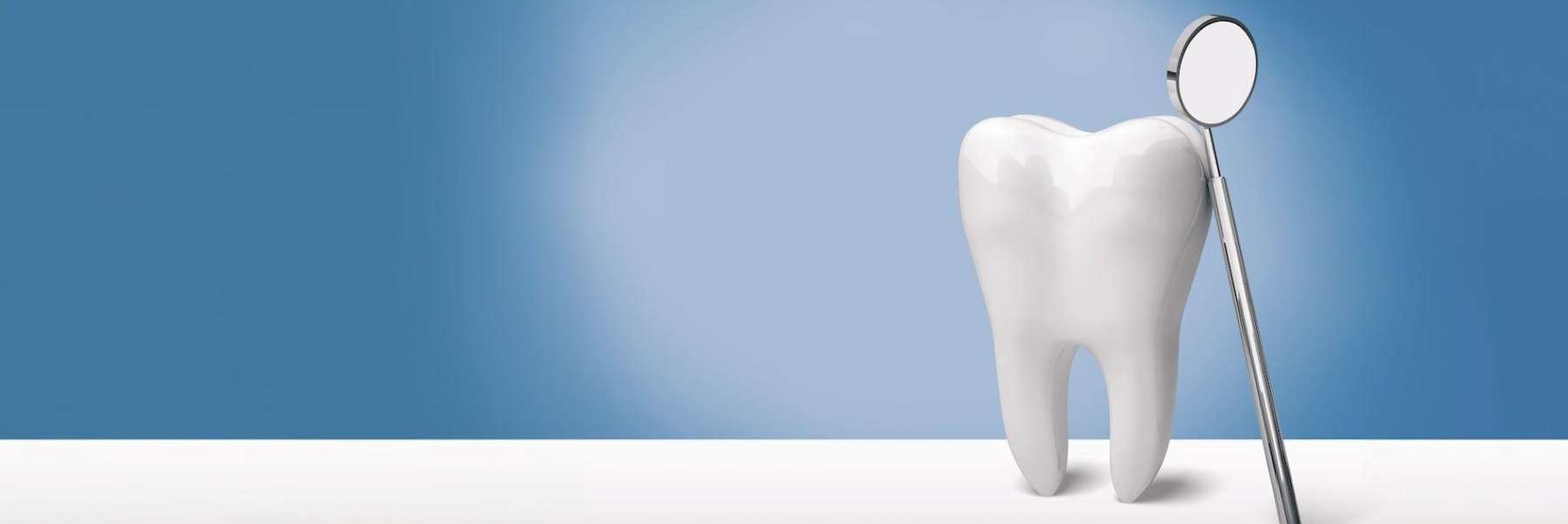
Have you ever woken up in the middle of the night with a horrible toothache? Do you suspect your wisdom teeth are coming in because you’re experiencing pain where your third molars are trying to erupt? Have you sustained a mouth injury while playing your favorite sport? These are all reasons your Royal Oak dentist may recommend a tooth extraction.
When you hear “extraction,” you may immediately think it will be a lengthy, complicated, painful procedure. However, removing a tooth doesn’t have to be anxiety-inducing or traumatic. In fact, it’s most often a straightforward dental treatment.
So, what do you need to know about dental extractions in Royal Oak, MI? Keep reading to find out all the steps, from consultation to recovery.
What Is a Dental Extraction?
As the name implies, dental extraction is when your dentist removes or extracts one or more teeth from your mouth. Your dentist will always try to avoid extraction and save your natural teeth; however, sometimes, it is necessary to perform an extraction to improve or maintain your oral health.
Reasons Your Dentist Might Recommend Extraction
There are several reasons your dentist may need to extract a tooth to restore your smile, including the following:
- Decay—When the acids in your mouth erode your tooth enamel, you can develop a hole in your tooth, known as a cavity. When a cavity becomes so large a dental filling can no longer restore it, your tooth may need to be removed.
- Crowding—If your wisdom teeth crowd your other teeth in the back of your mouth, your dentist may have to remove them to avoid impaction or infection.
- Damage—If you sustain a mouth injury while playing sports or are in an accident, it can cause irreparable damage. As a result, your dentist may need to extract your tooth.
- Orthodontics—To prepare your teeth for braces or clear aligners, you may need to remove one or more teeth.
Understanding the Extraction Process
There are several steps to the extraction process, so to avoid unnecessary stress or anxiety, it’s essential to understand what will happen before, during, and after your extraction. Here’s what you need to know:
The consultation—Before your extraction, your dentist will assess your oral health and examine the affected tooth and surrounding gums. If necessary, they will take x-rays to determine the best treatment plan for your situation. Then, they will discuss the dental treatment with you and allow you to ask questions so you know what to expect on the day of the procedure.
The extraction process—On the day of your extraction, your dentist will ensure your comfort by completely numbing the area. You won’t feel a thing during the procedure. The next step involves gently removing your tooth with special dental tools. Your extraction will be complete in just a few minutes.
Our dental office is equipped to perform uncomplicated extractions, including erupted wisdom teeth. However, we can refer you to a skilled oral surgeon if you require a surgical extraction for impacted wisdom teeth or other reasons.
Recovering from a Tooth Extraction
Once your tooth has been removed, it’s essential to follow our instructions to help with faster healing and avoid any issues. Here’s what you need to do once you get home from your dental appointment:
- Eat soft foods—Drink liquids only until your mouth is no longer numb. This will prevent you from biting your cheek or tongue. Then, for the first few days after the extraction, chew on the opposite side of your mouth and stick to softer foods such as scrambled eggs, pasta, yogurt, and oatmeal.
- Avoid straws—Don’t drink through a straw, as the sucking can dislodge the blood clot at your extraction site. Drinking from a straw can also increase your risk for other complications.
- Maintain good oral hygiene—On the day of your extraction, avoid brushing around the extraction site; only brush and floss your other teeth. Rinse with antibacterial mouthwash twice or thrice daily to keep the area clean.
- Take medications as prescribed—If your doctor has prescribed any medications, be sure to take them as directed. You can also take over-the-counter pain relievers for any soreness you may be experiencing.
Navigating Complications after a Tooth Extraction
A dry socket can sometimes occur, causing pain and requiring an additional dental visit. If you don’t form a blood clot on the extraction site, or if the blood clot falls out, the underlying bone is exposed. Carefully follow your dentist’s aftercare instructions to avoid this complication.
Questions about Extractions in Royal Oak, MI?
If you need more information about the extraction procedure at Family Dentistry of Royal Oak, our expert dental team is just a phone call away! We will happily answer your questions and ease your concerns about dental extraction; our experienced team provides gentle, compassionate care to every patient.
Contact us at (248) 399-8100 to schedule a consultation or appointment.
